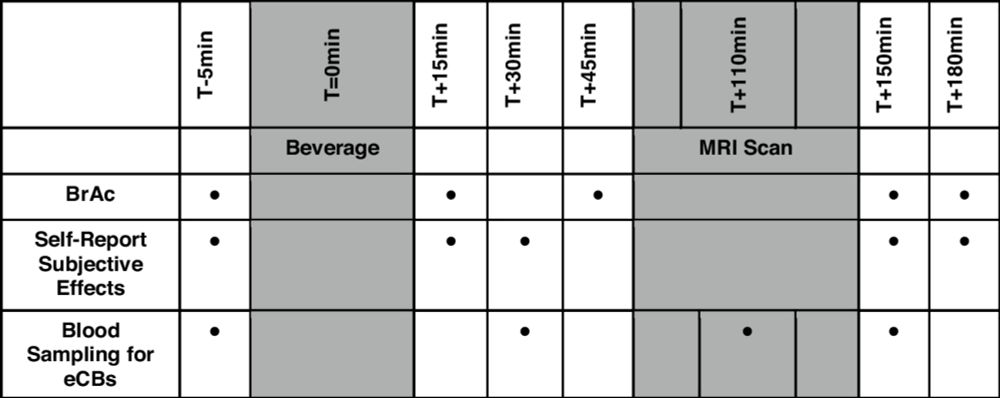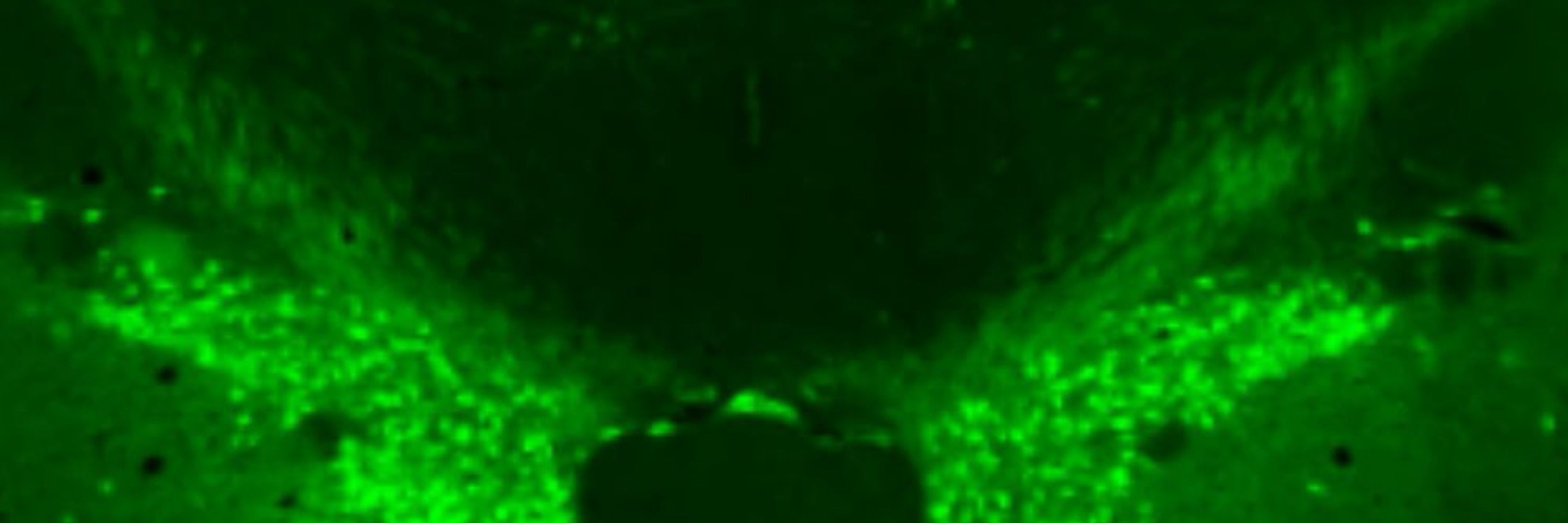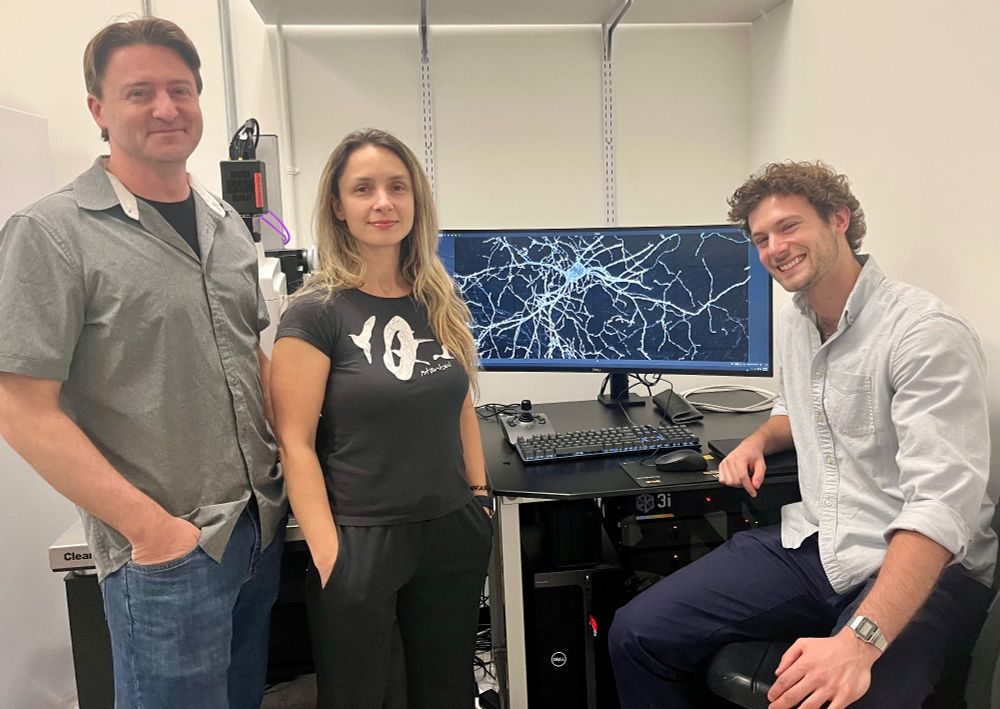Stephanie Borgland
@borglandlab.bsky.social
3.2K followers
1.5K following
87 posts
Neuroscientist at Hotchkiss Brain Institute University of Calgary. Interested in appetitive behaviours, bad decisions, neuropeptide neuromodulators, and puppies.
Posts
Media
Videos
Starter Packs
Reposted by Stephanie Borgland
Reposted by Stephanie Borgland
Reposted by Stephanie Borgland
Reposted by Stephanie Borgland
Leah Mayo
@mayoonthebrain.bsky.social
· Jul 25

Effects of acute alcohol administration on endocannabinoids and relation to subjective effects - Psychopharmacology
Rationale Harmful alcohol use remains a significant global public health challenge. Examining variability in the acute subjective effects of alcohol and related neurobiological mechanisms may advance the understanding of susceptibility to harmful alcohol use. Research suggests the endocannabinoid (eCB) system may play an important role in mediating the reinforcing effects of alcohol. This study examined the relationship between alcohol-induced changes in eCB concentrations and the subjective psychoactive effects of acute alcohol consumption. Method Healthy social drinkers (n = 28, aged 20–35 years) participated in a within-subjects, single-blind, placebo-controlled laboratory alcohol challenge study. Alcohol (0.6 g/kg; with 20% adjustment for women) and placebo sessions were counterbalanced. Subjective alcohol effects were assessed from self-report questionnaires administered pre- and post-dosing, including the Biphasic Alcohol Effects Scale (BAES), Drug Effects Questionnaire (DEQ), and Profile of Mood States (POMS). The eCBs, N-arachidonoylethanolamine (anandamide; AEA) and 2-arachidonylglycerol (2-AG), were assessed from blood plasma taken throughout the dosing session. Results Acute alcohol was associated with an overall decrease in 2-AG concentrations compared to placebo. Further, we found that a drop in 2-AG concentrations was associated with less drug ‘liking’ and feelings of ‘friendliness’, whereas under placebo conditions, a rise in 2-AG was associated with a smaller decrease in feelings of ‘stimulation’ (e.g., feeling energized, talkative). Alcohol did not significantly affect AEA concentrations. Conclusion Our study provides the first evidence that eCBs may contribute to individual differences in sensitivity to alcohol's reward-related mechanisms by influencing subjective experience, offering insight into the potential role of eCBs in the processes underlying harmful alcohol use.
link.springer.com
Reposted by Stephanie Borgland
Reposted by Stephanie Borgland
Reposted by Stephanie Borgland
Reposted by Stephanie Borgland
Jim Woodgett
@jwoodgett.bsky.social
· Jun 14
Reposted by Stephanie Borgland
Reposted by Stephanie Borgland
Jibran Khokhar
@drjkhokhar.bsky.social
· May 25

Investigating the Polygenic Relationship Between Cannabis Use and Schizophrenia in the All of Us Research Program
Objective Decades of research have identified a strong association between heavy cannabis use and schizophrenia, with evidence of correlated genetic factors. However, many studies on the genetic relat...
www.medrxiv.org
Reposted by Stephanie Borgland
Ben Saunders
@bensaunders.bsky.social
· May 17
Reposted by Stephanie Borgland
Reposted by Stephanie Borgland














